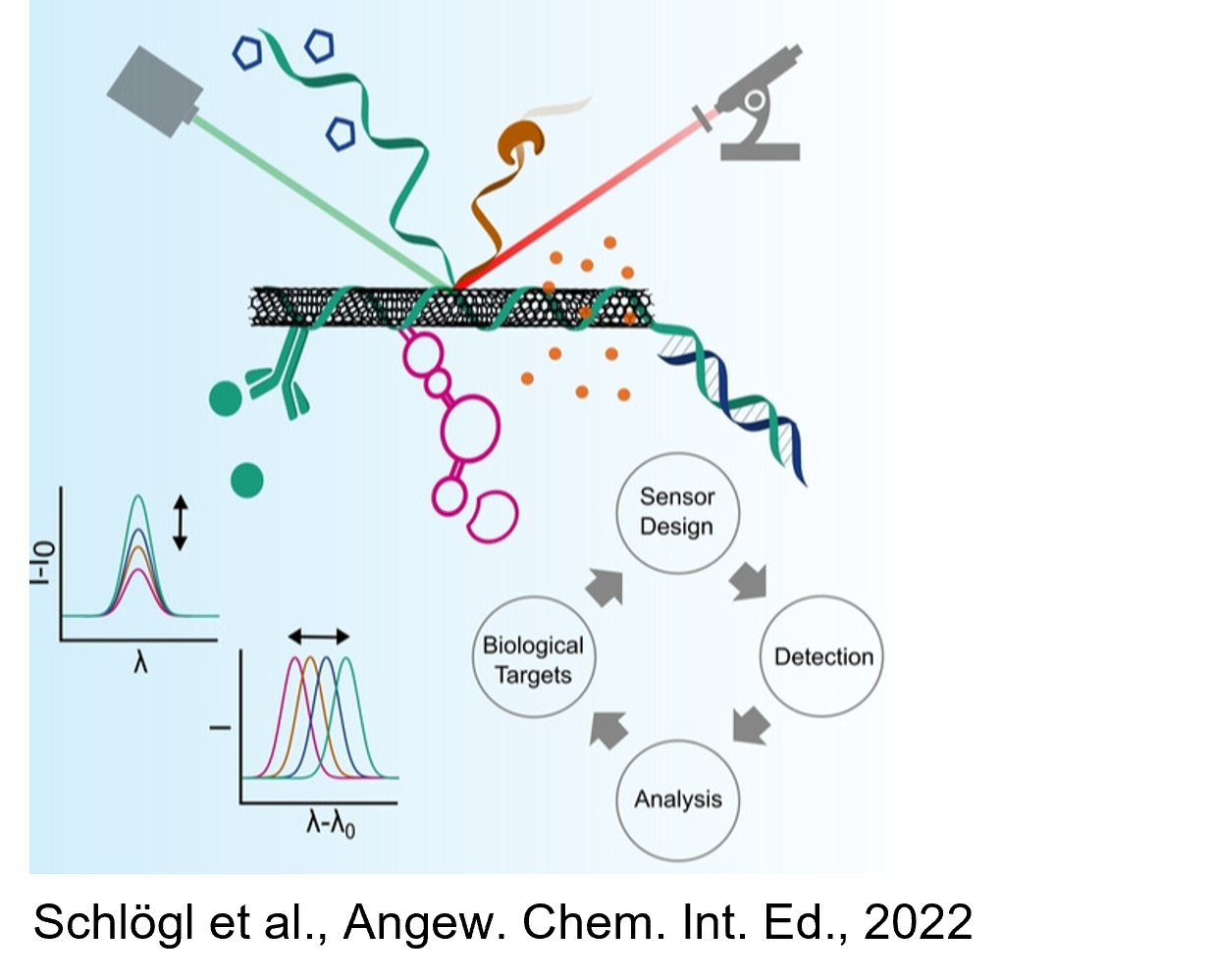
The selective and sensitive detection of hormones is crucial for many biomedical and environmental applications. Carbon nanotubes (CNTs) offer exceptional electrical properties and a high surface area, making them ideal platforms for biosensing.
This thesis will focus on the functionalization of CNTs with aptamers—short, single-stranded DNA or RNA molecules that can bind target hormones with high specificity. The work will include the development of functionalization protocols, characterization of the modified CNTs, and evaluation of their performance in detecting different hormones.
The research plan will include:
Functionalization of CNTs with hormone-specific aptamers
Characterization of functionalized CNTs using spectroscopic and microscopic techniques
Biosensing experiments to detect and quantify various hormones
Optimization of sensor sensitivity and selectivity
An independent and methodical work approach is expected, with a strong interest in nanomaterials, biochemistry, and sensor development.

The selective and sensitive detection of hormones is crucial for many biomedical and environmental applications. Carbon nanotubes (CNTs) offer exceptional electrical properties and a high surface area, making them ideal platforms for biosensing.
This thesis will focus on the functionalization of CNTs with aptamers—short, single-stranded DNA or RNA molecules that can bind target hormones with high specificity. The work will include the development of functionalization protocols, characterization of the modified CNTs, and evaluation of their performance in detecting different hormones.
The research plan will include:
Functionalization of CNTs with hormone-specific aptamers
Characterization of functionalized CNTs using spectroscopic and microscopic techniques
Biosensing experiments to detect and quantify various hormones
Optimization of sensor sensitivity and selectivity
An independent and methodical work approach is expected, with a strong interest in nanomaterials, biochemistry, and sensor development.